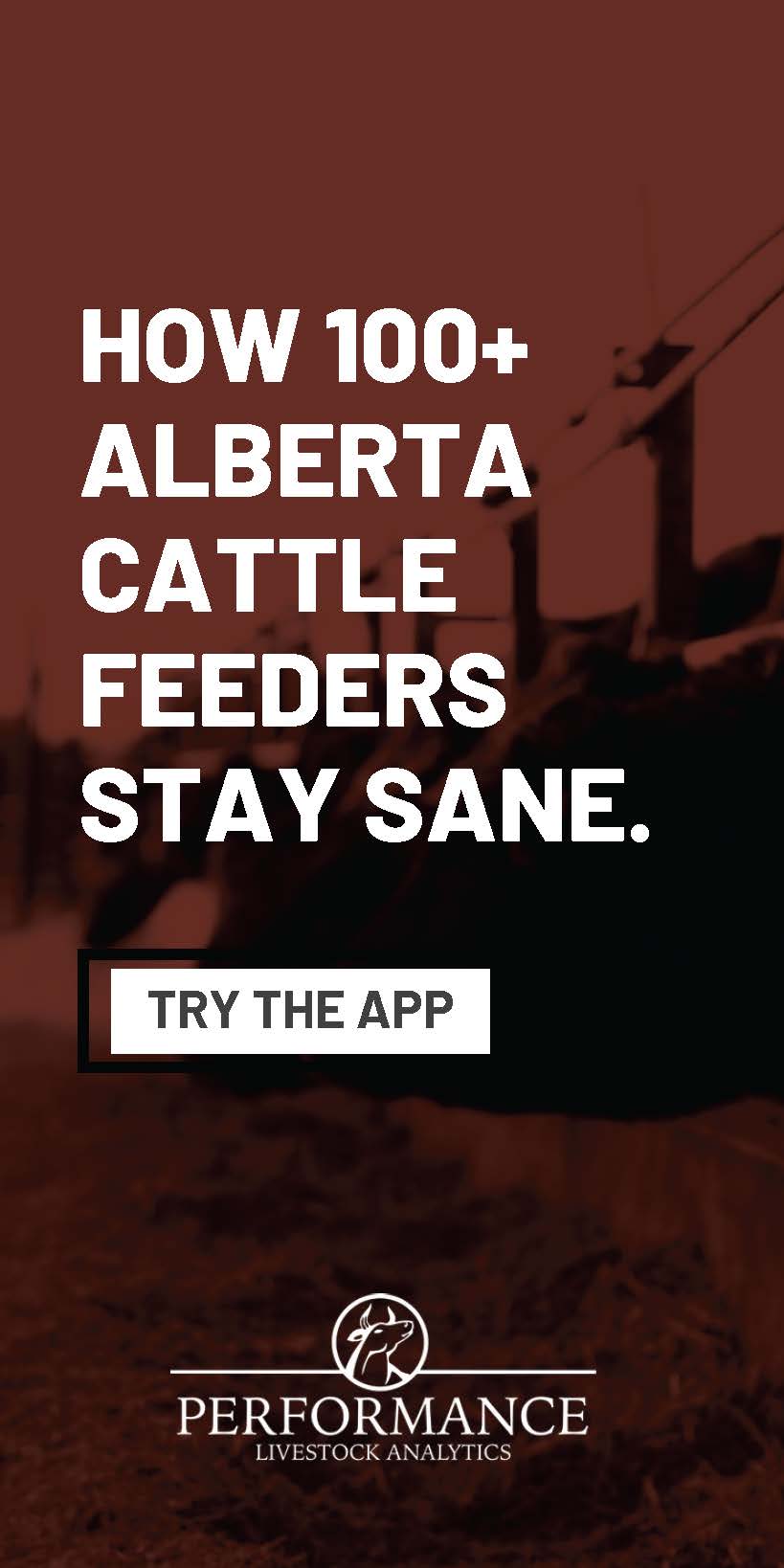Have you ever been told that you should own your farmland personally and never, ever, under any circumstances, put it into a corporation? Have you ever wondered why? The simple answer is that it’s generally easier to sell the land personally. To illustrate, when the land is personally owned, you advertise the land for sale. A buyer arrives with a bag full of cash and you trade cash for land.
You report the disposition on your personal tax return, take advantage of any tax breaks and then move on with your life. For being “easier”, that’s a lot of steps. Now consider the process if the land is owned in a corporation. Your company advertises the land for sale, a buyer arrives with a bag full of cash and you trade cash for land. The same steps as before but then it gets more complicated.
If your company sells the land, your company has to pay tax on the capital gain. This money then needs to be removed from the company into your personal name, a step that requires the company to make various dividend declarations.
But wait! We’re not done yet!
You then have to pay personal tax on the dividends you receive so you can take the remaining cash out of the company. Not only is this more complicated than selling the land personally, selling your land owned by the company in this way is very tax inefficient. Land owned by a company cannot qualify for special tax breaks available to farmers, including the $1 million capital gains exemption.
So why on earth would someone want to own their farmland in a corporation?
There can be many business and tax reasons to justify purchasing land in a company as opposed to buying the land personally. Assume you earn $500,000 of taxable income in your company. After paying tax of $55,000 (at a net federal and Alberta tax rate of 11% for 2019), you’re left with $445,000 to pay down your debt.
Now let’s assume you own the land personally, and your farming corporation has to take the $445,000 of after tax income and pay it to you personally as a dividend. You need to pay personal tax on the dividend (this has a tax rate of 42.3% at the highest marginal tax bracket for 2019). As a result, you could have about $256,000 of cash remaining to pay down the land loan.
Having to take the cash out personally to repay the debt in your personal name adds an extra layer of tax and leaves less in your pocket overall.
Now assume your operations aren’t in a company. Your farm earns the same $500,000 and you’ll pay $240,000 of tax (at a 48% combined tax rate in Alberta for 2019) and have $260,000 left to pay down your debt.
So dollar for dollar, it’s definitely better to have the land in the company if you have a mortgage or other debt on the land.
Now that I have sold you on using a company to own and finance farmland, is there anything else we need to think about? Absolutely.
Another reason you may want your company to own land is the creation of your company itself. If you have been farming and earning your income personally, it may be easier on the wallet to earn the income in a company and pay only 11% tax. Privately owned companies that are considered to be small business corporations are taxed at this low rate. If your plans are to take the farm’s profits each year and reinvest it back into the business, a lower tax rate leaves more net dollars to reinvest.
Moving your personal farm operation to a company can be done without creating tax. To do this I would suggest using a tax professional. They will look at your operations’ assets and your debts and help you move them into your company, by completing and filing all the necessary election forms.
Not looking to buy land at today’s prices? Already have a corporation? Estate planning is another reason to consider putting land into a company.
When you’re looking to bring the next generation into your operations, there are special rules that allow farmers to gift shares in a farm corporation to their children or grandchildren. These rules are more commonly referred to as the “intervivos gifting” or “rollover” rules. And they are only permitted if your corporation passes certain tests. You can requalify your farm corporation to pass these tests if your farmland is in the company.
There is also planning that could allow you to trigger your lifetime capital gains exemption of $1 million by transferring land to your existing farm company. This allows you to create a loan in the company owing to you personally, and can be a mechanism for you to withdraw funds from your farm corporation to fund your personal living expenses or retirement. Being able to take $1 million out of your company without a significant tax consequence can be very beneficial.
If you’re thinking of the gifting rules or ways to trigger using your lifetime capital gains exemption, you should speak to an expert in these areas. So, while land in your company may be taboo, it might be time to break new ground and see if your company should own your land.
Ebony Verbonac is a Chartered Professional Accountant, Chartered Business Valuator and Partner in KPMG’s tax practice in Lethbridge, Alberta. She can be reached at (403) 380-5700 or by email at everbonac@kpmg.ca. She would like to thank Rebecca Sanford and Joseph Opper of KPMG for their assistance with writing this article.




